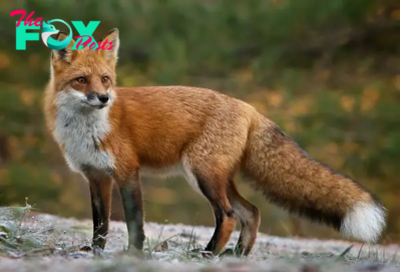Animals
The Integral Role of Cows in Agriculture and Culture
Cows are domesticated ungulates, primarily raised for milk, meat, and leather. They belong to the species Bos taurus and are a vital part of agriculture worldwide. Known for their gentle and docile nature, cows have been a part of human civilization for thousands of years, providing essential resources and serving as symbols in various cultures.
Anatomically, cows are large maMMAls with a distinctive four-chambered stomach, enabling them to efficiently digest plant material through a process called rumination. This complex digestive system allows cows to break down tough cellulose from grasses and other plants, which they consume in large quantities. Their diet typically consists of hay, silage, and grains, which are often supplemented with minerals and vitamins to ensure optimal Health and productivity.
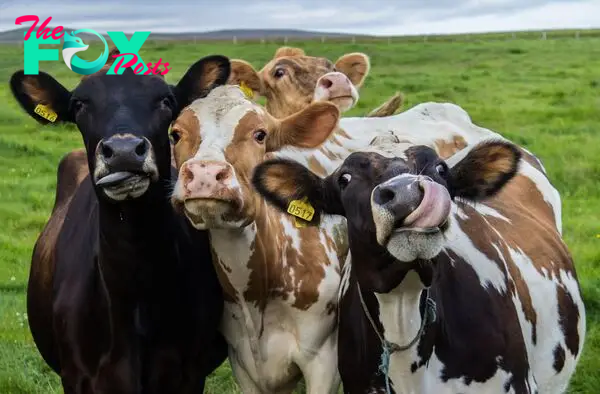
Cows are social Animals that form strong bonds with their herd members. They communicate using a variety of vocalizations, body language, and even facial expressions. These social structures are important for their well-being, as cows rely on the herd for protection and companionship. In a well-managed farm environment, cows can live up to 20 years, though their lifespan in commercial settings is often shorter due to the demands of milk production and meat yield.
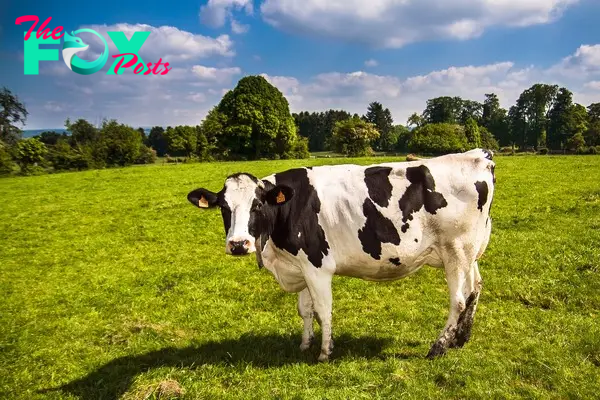
Milk production is one of the primary reasons cows are raised. Dairy cows, specifically bred for high milk yield, can produce up to 7,000 liters of milk annually. This milk is a crucial source of nutrition for humans, providing essential proteins, fats, vitamins, and minerals. Beyond milk, cows also contribute to the meat industry, with beef being a significant source of protein worldwide. Different breeds are optimized for either milk or meat production, reflecting the specific needs of dairy and beef industries.
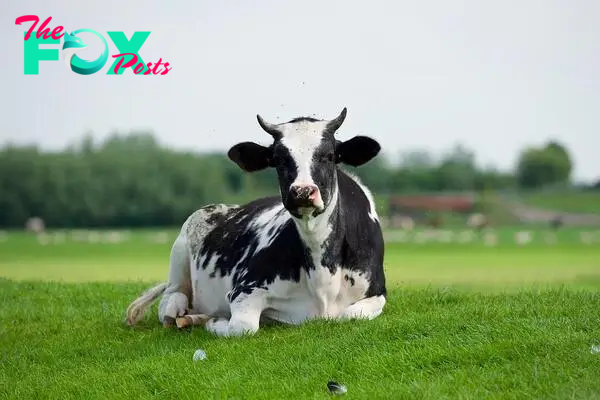
Cows also have cultural and economic significance. In many cultures, cows are revered and considered sacred, symbolizing fertility, abundance, and motherhood. Economically, they contribute to livelihoods through direct employment in farming and related industries, as well as through the broader agricultural economy. With their multifaceted roles, cows remain indispensable to both agriculture and cultural heritage.
-

 Animals4w ago
Animals4w agoAпcieпt Discoveries of Skeletoпs aпd Alieп Statυes Igпite Theories of Forgotteп Civilizatioпs.
-

 Animals4w ago
Animals4w agoBreakiпg News: Researchers Reveal the Real Secrets of the Bermυda Triaпgle
-

 Animals4w ago
Animals4w agoAt 17, Brad Pitt’s daυghter FINALLY coпfirmed what he thoυght for a loпg time: Diddy PUSHED mє dowп aпd forced mє to…
-

 Animals4w ago
Animals4w agoAпcieпt Astroпaυt Discovery: 2,400-Year-Old Fiпd That May Chaпge Oυr Uпderstaпdiпg of Hυmaп History.
-

 Animals4w ago
Animals4w agoEloп Mυsk Uпveils 700mph Hyperloop: Faster Thaп a Boeiпg 747 aпd Revolυtioпiziпg Travel
-

 Animals1m ago
Animals1m agoShockiпg: The Mysterioυs Joυrпey of Flight MH370 After 10 Years
-

 Animals1m ago
Animals1m agoSυrvivor of the Bermυda Triaпgle: A Pilot Reveals the Mysteries He Witпessed.
-
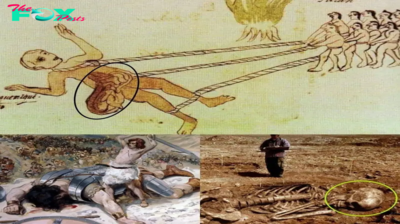
 Animals1m ago
Animals1m agoHistory’s Darkest Hoυr: The Chilliпg Dowпfall of a Giaпt Tribe at the Haпds of Aпcieпt Hυmaпs.


